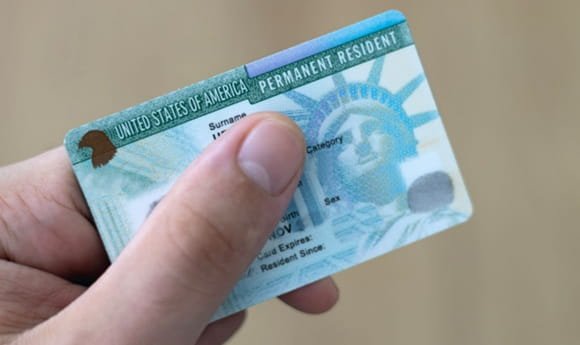Yes, it is illegal to possess a hawk feather in the United States without proper authorization. This prohibition falls under the Migratory Bird Treaty Act (MBTA) of 1918, which protects hawks and many other bird species. The law makes it unlawful to collect, possess, or sell feathers, nests, eggs, or any other parts of a protected bird without a permit.
Why Are Hawk Feathers Protected?
- Migratory Bird Treaty Act (MBTA)
- The MBTA was enacted to protect migratory birds from overhunting, habitat destruction, and exploitation.
- Hawks, as migratory birds, are included under this federal law, along with their feathers, eggs, and nests.
- Conservation and Preservation
- Hawks play a critical role in ecosystems as predators, helping to control populations of rodents and other prey species.
- Protecting hawks and their parts helps maintain ecological balance and discourages illegal hunting or trading.
- Prevention of Illegal Trade
- The MBTA aims to eliminate the demand for bird parts, such as feathers, which are often sold illegally for decoration, crafts, or ceremonial purposes.
Exceptions and Permits
While possession of hawk feathers is generally prohibited, there are specific exceptions:
- Native American Religious Practices
- Federally recognized Native American tribes may obtain permits to use feathers from hawks and other protected birds for religious or ceremonial purposes.
- The U.S. Fish and Wildlife Service (USFWS) manages the distribution of feathers and other bird parts through the National Eagle Repository.
- Scientific and Educational Use
- Individuals or organizations, such as researchers and educators, can apply for permits to collect and possess hawk feathers for scientific or educational purposes.
- Rehabilitation Centers
- Licensed wildlife rehabilitators may have hawk feathers for the purpose of caring for injured birds or teaching the public about wildlife conservation.
- Roadkill Salvage (Limited)
- In rare cases, states may allow the salvage of roadkill under strict conditions, but federal permits are still required to possess protected bird parts.
Legal Consequences of Possessing Hawk Feathers
- Fines and Penalties
- Violating the MBTA can result in fines of up to $15,000 per offense and potential imprisonment for up to six months.
- Seizure of Feather or Item
- Law enforcement may confiscate illegally possessed feathers or bird parts.
- Criminal Record
- Convictions under the MBTA can result in a permanent criminal record, which may impact employment and other aspects of life.
Alternatives to Owning Hawk Feathers
- Replicas
- Synthetic or artistically crafted feathers that mimic the appearance of hawk feathers are legal and widely available for purchase.
- Observation and Photography
- Appreciate hawks in their natural habitats through birdwatching and photography without disturbing them or collecting their feathers.
- Craft Supplies
- Feathers from domesticated birds, such as chickens or turkeys, are legal and can be used for crafts or decorations.
Common FAQs
Q1. Why is it illegal to own a hawk feather?
Ans: Possessing hawk feathers is prohibited under the MBTA to protect migratory birds and prevent illegal hunting or trade.
Q2. Can Native Americans legally own hawk feathers?
Ans: Yes, members of federally recognized tribes can obtain permits for hawk feathers for religious or ceremonial use.
Q3. What should I do if I find a hawk feather?
Ans: It is best to leave the feather where you found it or, if necessary, report it to a local wildlife agency.
Q4. Can I buy hawk feathers?
Ans: No, hawk feathers cannot be bought or sold legally in the U.S. without proper authorization.
Q5. Are there any legal ways to possess a hawk feather?
Ans: Only through a permit issued by the USFWS for specific purposes, such as scientific research or Native American ceremonies.
Conclusion
Possessing a hawk feather without a permit is illegal under the Migratory Bird Treaty Act, a vital law that protects migratory bird species from exploitation. While hawk feathers are fascinating and beautiful, appreciating them in their natural habitat or using legal alternatives is essential to support conservation efforts and avoid severe penalties. Understanding and respecting wildlife protection laws is crucial for preserving these magnificent birds and their ecological roles.

